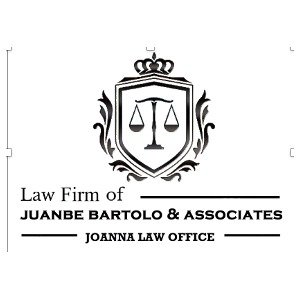Best Family Lawyers in Baguio City
Share your needs with us, get contacted by law firms.
Free. Takes 2 min.
Free Guide to Hiring a Family Lawyer
List of the best lawyers in Baguio City, Philippines
Browse family law firms by service in Baguio City, Philippines
Baguio City, Philippines Attorneys in related practice areas.
Philippines Family Legal Questions answered by Lawyers
Browse our 23 legal questions about Family in Philippines and the lawyer answers, or ask your own questions for free.
- Can I take my daughter's anywhere?
- Hi, I'm a mother of two 16th and 10 y/o, my kids have no father on their birth certificates and both birth certificates are late registered. I've tried to apply for a visa to get out of the country with both my girls but they've been denied due to I... Read more →
-
Lawyer answer by Sucgang Law Office
Hi, what are the requirements that you have to comply as to the visa application is concerned? It is best that you come to our office and bring all your documents for us to properly assess your situation. You may...
Read full answer - Can I get a divorce
- Can I get a divorce? I have been separated for 7years
-
Lawyer answer by Atty. Rainier Mamangun
We currently have no law on divorce. You may instead consider a case for annulment or declaration of nullity of marriage. Such case is filed at the Regional Trial Court of the place of your residence or that of your...
Read full answer - How can I appeal to change my son's last name to my maiden name?
- I have a child who is using his paternal last name but his father has not supported him financially ever since he was 1 year old. I am legally married now but would just like to change my son's last name to my maiden name. What are the documents that... Read more →
-
Lawyer answer by NARAG LAW OFFICE
R Hi your case requires an adoption petition. Please message us at narag.law@gmail.com or 09189385137. - Atty. Mario P. Narag at Narag Law Office
Read full answer
Disclaimer:
The information provided on this page is for general informational purposes only and does not constitute legal advice. While we strive to ensure the accuracy and relevance of the content, legal information may change over time, and interpretations of the law can vary. You should always consult with a qualified legal professional for advice specific to your situation. We disclaim all liability for actions taken or not taken based on the content of this page. If you believe any information is incorrect or outdated, please contact us, and we will review and update it where appropriate.









